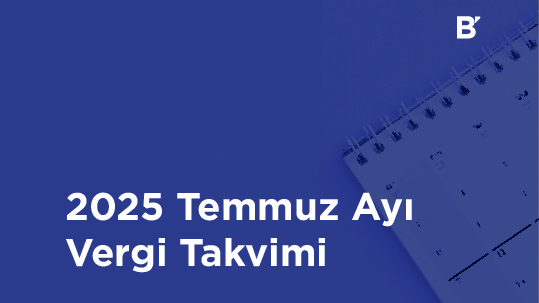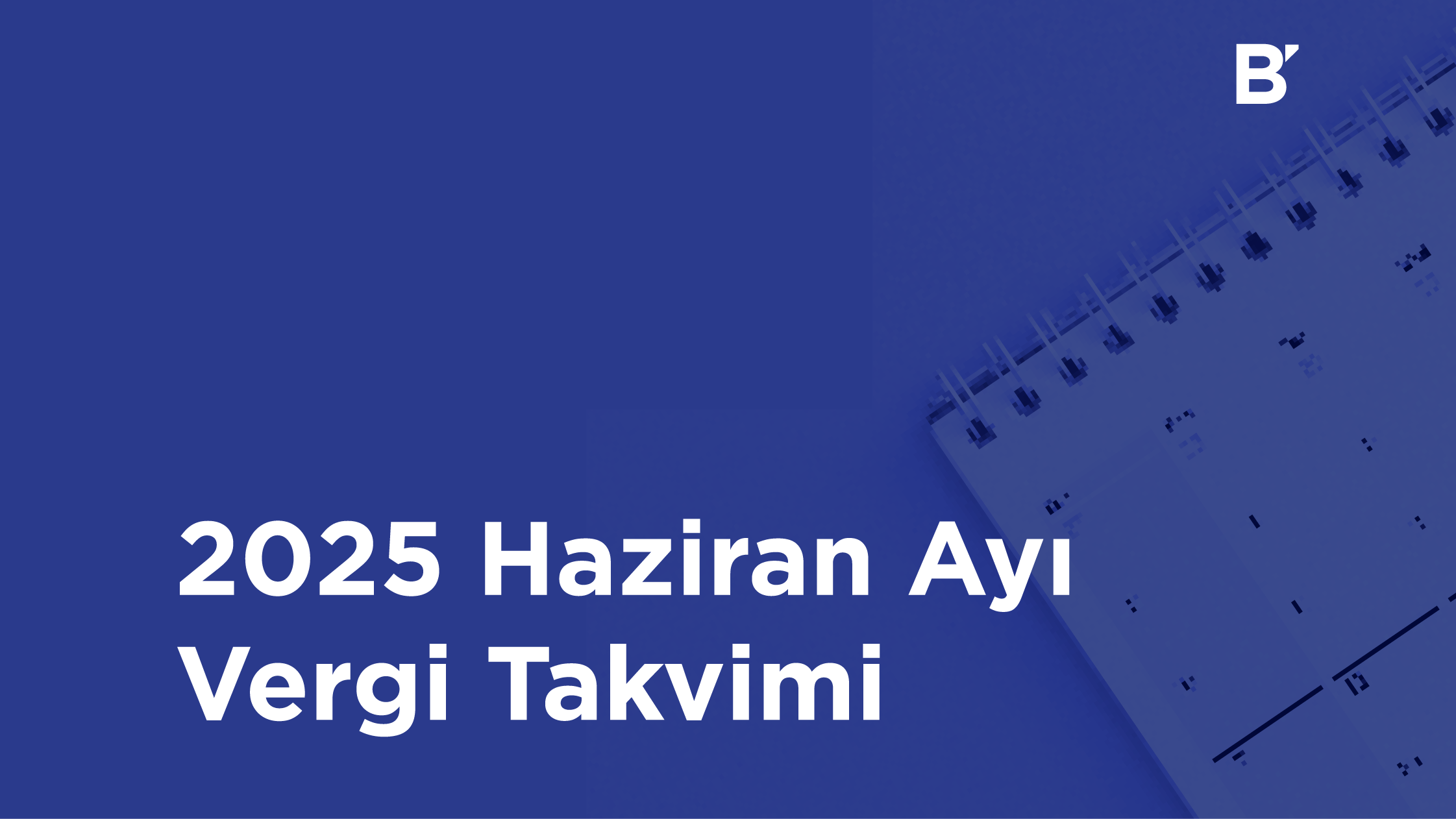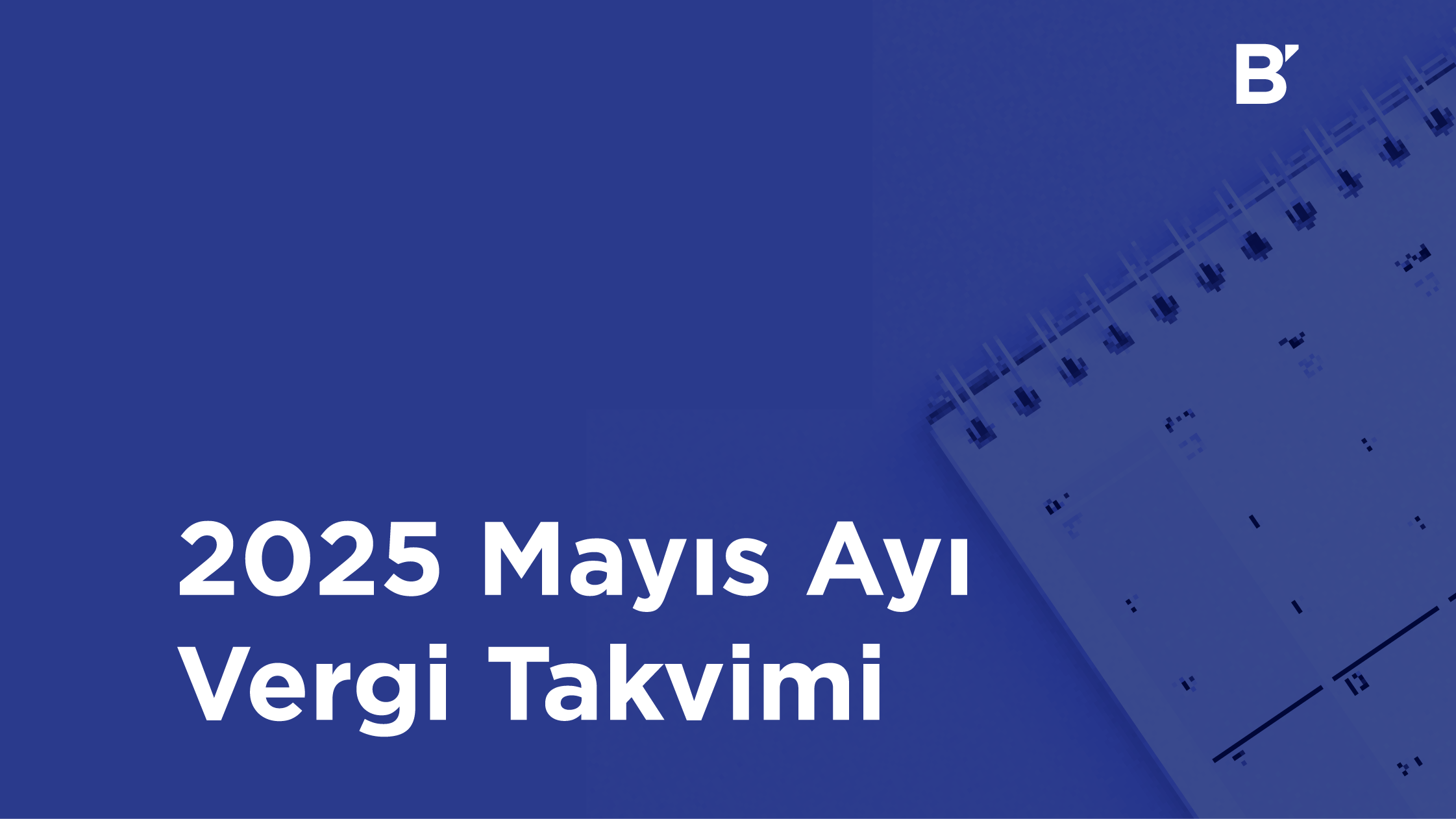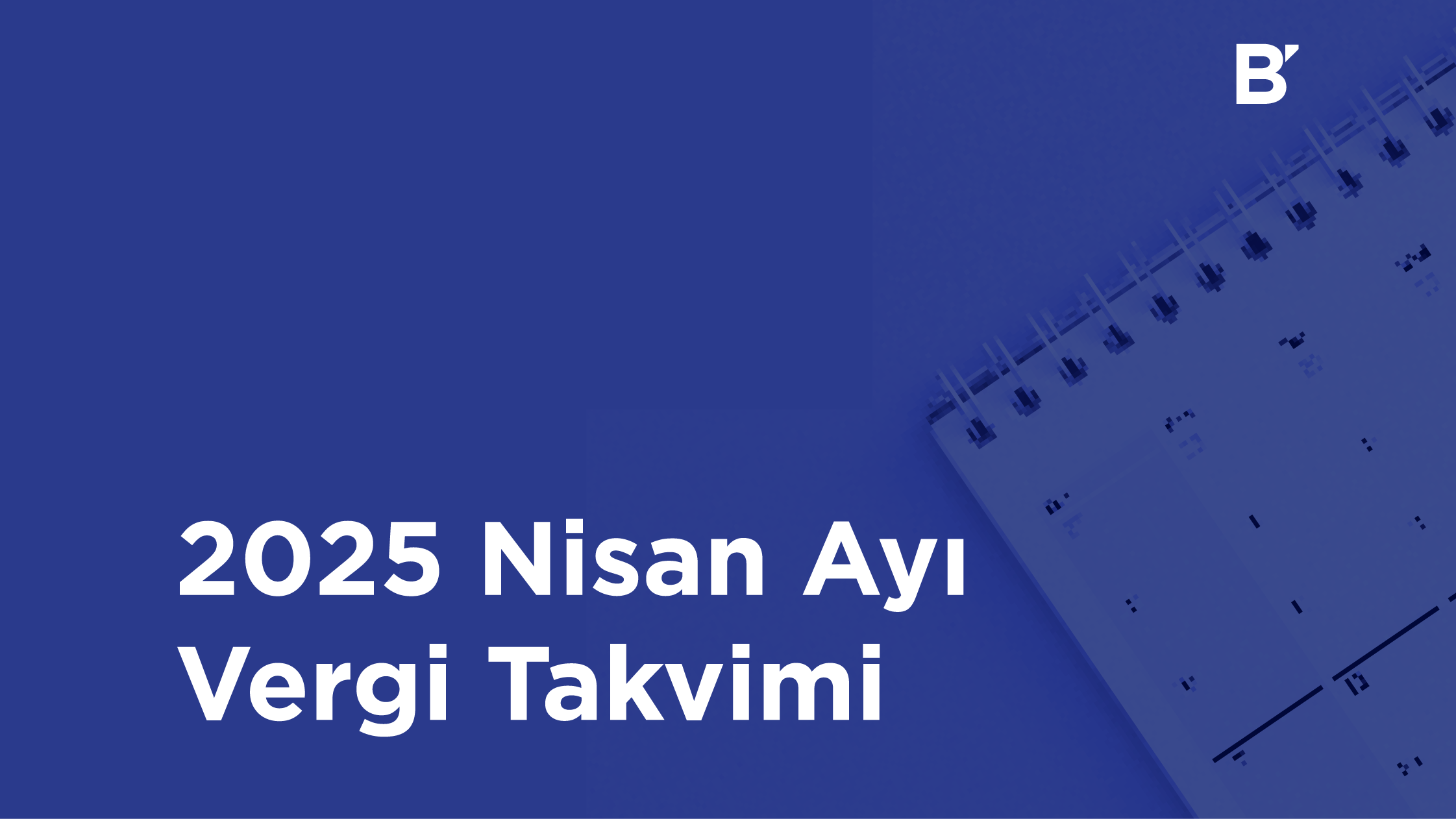07.02.2023/28
Tabii Afet Nedeniyle Yapılan Bağış ve Yardımların Vergi Boyutu
Giriş
Tabii afetler sebebiyle oluşan acil ihtiyaçların giderilmesi maksadıyla ayni veya nakdi yardımlarda bulunuluyor. Bağış ve yardımlar, işletme faaliyeti ile ilgili bulunmadığından kural olarak ticari kazançtan indirilemezler. Ancak ilgili mevzuatta yer alan şartlar altında yapılan bağış ve yardımlar ticari kazançtan indirilebildiği gibi kazancın bulunması halinde beyanname üzerinden de indirim konusu yapılabilir.
1. Gıda Bankacılığı Kapsamında Faaliyet Gösterenlere Yapılacak Ayni Bağış ve Yardımlar
Gelir Vergisi Kanunu’nu 40’ıncı maddesi gereği fakirlere yardım amacıyla gıda bankacılığı faaliyetinde bulunan dernek ve vakıflara Maliye Bakanlığınca belirlenen usul ve esaslar çerçevesinde bağışlanan gıda, temizlik, giyecek ve yakacak maddelerinin maliyet bedeli gider gösterilebilir.
Bu kapsamda yapılacak bağışların, gıda bankacılığı alanında faaliyet gösteren dernek veya vakıflara yapılması ve gıda, temizlik, giyecek ve yakacak maddesi mahiyetinde olması gerekmektedir.
Söz konusu ayni yardımların teslimi Katma Değer Vergisi Kanunu’na göre istisnadır. Bu teslimlere ilişkin KDV hesaplanmaz. Bağışlanan tutarlar ilgili yıl fatura düzenleme sınırının altında dahi olsa fatura düzenlenir ve “İhtiyaç sahiplerine yardım şartıyla bağışlandığından KDV hesaplanmamıştır.” ibaresi faturaya derç edilir. Bunun yanında, istisna kapsamında yapılan işlemlere ilişkin yüklenilen KDV indirilebilir, ancak indirim yoluyla giderilemeyen KDV iade edilmez. Dolayısıyla bağışlanan mallara ilişkin 191-İndirilecek KDV Hesabına kaydedilen tutarlar için ayrıca bir düzeltme yapılmasına gerek bulunmamaktadır.
Ticari işletmeye dahil malların bağışlanması durumunda da bu malların maliyet bedeli gider kaydedilir. Bu işlem, faturanın bir yandan gelir bir yandan da gider kaydedilmesi suretiyle gerçekleştirilir.
Bu kapsamda yapılacak bağış ve yardımların gider gösterilmesi için kurum kazancının oluşması gerekmemektedir. Yapılan yardımların maliyet bedeli doğrudan gider gösterilebilir ve zarar varsa zarar artırıcı olabilir.
2. Beyanname Üzerinde İndirim Konusu Yapılabilecek Bağış ve Yardımlar
Beyanname üzerinde indirim konusu yapılabilecek bağış ve yardımların kurum kazancının tespitinde indirim konusu yapılabilmesi için ilgili dönemde beyana tabi kazanç bulunması şarttır. Söz konusu bağış ve yardımlar zarar artırıcı olamayacağı gibi kazanç bulunmaması durumunda sonraki döneme de devretmezler.
Ayni veya nakdi olarak yapılan bağış ve yardımların kurumlar vergisi mükelleflerince indirim olarak dikkate alınabilmesi için makbuz karşılığı yapılmış olması gereklidir. Ancak nakdi bağışların indirim konusu yapılabilmesi, bu amaçla bankalarda açtırılan hesaplara yatırıldığına ilişkin banka dekontlarıyla belgelendirilmesi şartıyla mümkündür.
Diğer taraftan, bu kapsama yapılacak ayni bağış ve yardımların aşağıda yer alan kurum kuruluşlara yapılması durumunda KDV istisnası uygulanır:
Genel ve katma bütçeli daireler, il özel idareleri, belediyeler, köyler, kanunla ve Cumhurbaşkanlığı Kararnamesiyle kurulan kamu kurum ve kuruluşları, kamu menfaatine yararlı dernekler ve Cumhurbaşkanınca vergi muafiyeti tanınan vakıflar.
İstisna kapsamında yapılan teslimlere ilişkin yüklenilen KDV indirilebilir, ancak indirim yoluyla giderilemeyen KDV iade edilmez. Dolayısıyla bağışlanan mallara ilişkin 191-İndirilecek KDV Hesabına kaydedilen tutarlar için ayrıca bir düzeltme yapılmasına gerek bulunmamaktadır.
2.1 Belli Kurum ve Kuruluşlara Yapılan Kazancın %5’i ile Sınırlı Bağış ve Yardımlar
Genel ve özel bütçeli kamu idarelerine, il özel idarelerine, belediyelere, köylere, Bakanlar Kurulunca vergi muafiyeti tanınan vakıflara ve kamu yararına çalışan derneklere makbuz karşılığında yapılan bağış ve yardımların toplamının ilgili yıla ait kurum kazancının %5’ine kadar olan kısmı, kurumlar vergisi beyannamesinde ayrıca gösterilmek şartıyla kurum kazancından indirim konusu yapılabilir.
Söz konusu yardımlar ayni veya nakdi olarak yapılabilir.
Kurumlar vergisi matrahının tespitinde indirim konusu yapılabilecek bağış ve yardımların tutarı, o yıla ait kurum kazancının %5’i ile sınırlıdır.
İndirilebilecek bağış ve yardım tutarının tespitinde esas alınan kurum kazancı, zarar mahsubu dahil giderler ile iştirak kazançları istisnası düşüldükten sonra, indirim ve istisnalar düşülmeden önceki [Ticari bilanço kârı – (iştirak kazançları istisnası + geçmiş yıl zararları)] tutardır.
2.2 Kızılay Derneğine Yapılacak Nakdi Bağışlar
Türkiye Kızılay Derneğine makbuz karşılığı yapılan nakdî bağış veya yardımların tamamı, kurumlar vergisi beyannamesi üzerinde gösterilmek şartıyla kurum kazancından indirilebilir.
Ayni yapılacak bağışlarda ise önceki bölümde yer verilen açıklamalar geçerlidir.
Kızılay’ın iktisadi işletmelerine yapılacak bağışların indirim konusu yapılması mümkün değildir.
2.3 Cumhurbaşkanınca Başlatılan Yardım Kampanyalarına Makbuz Karşılığı Yapılan Ayni ve Nakdi Bağışlar
Cumhurbaşkanı tarafından başlatılan yardım kampanyaları kapsamında yapılan nakdi ve ayni bağışların tamamı beyanname üzerinde kurum kazancından indirime konu edilebilir.
Bu kapsamda AFAD’a yapılacak ayni ve nakdi bağışlar sınıra tabi olmaksızın beyanname üzerinden indirim konusu yapılabilecektir.
3. Umumi Hayata Müessir Afetler Dolayısiyle Alınacak Tedbirlerle Yapılacak Yardımlara Dair Kanun Kapsamında Yapılacak Bağış ve Yardımlar
Afetlerden zarar görenlere yardımda bulunmak üzere kurulan Milli Yardım Komitesi ile mahalli yardım komitelerine makbuz mukabilinde yapılacak bağış ve yardımlar her türlü vergi, resim ve harçdan müstesnadır. Bunun yanında söz konusu komitelere yapılacak bağışların tamamı gider gösterilebilir.
Şimdiye kadar Kahramanmaraş depremi ile ilgili bu kapsamda bir ilan yapılmadı. Fakat yakın zamanda bölgenin umumi hayata müessir afet bölgesi ilan edilmesini bekliyoruz.
Sonuç
Afet bölgesindeki acil ihtiyaçların giderilmesi için yapılabilecek yardımların kurum kazancından indirim konusu yapılabilmesi mümkündür. Bunun için yukarıda özetlemeye çalıştığımız usul ve esaslara riayet edilmeye çalışılmasını önermekteyiz.
Saygılarımızla,
BİLGENER
























